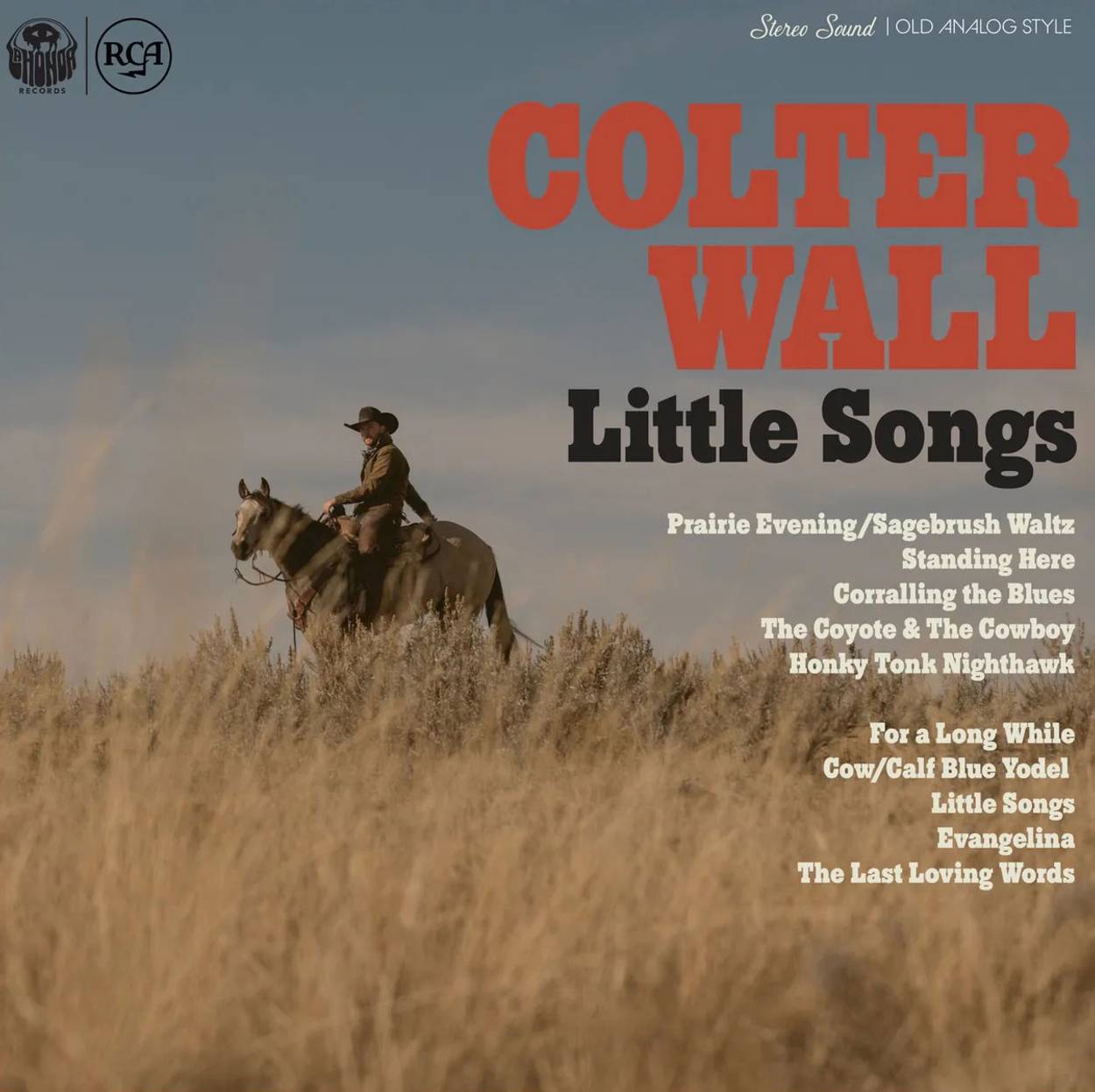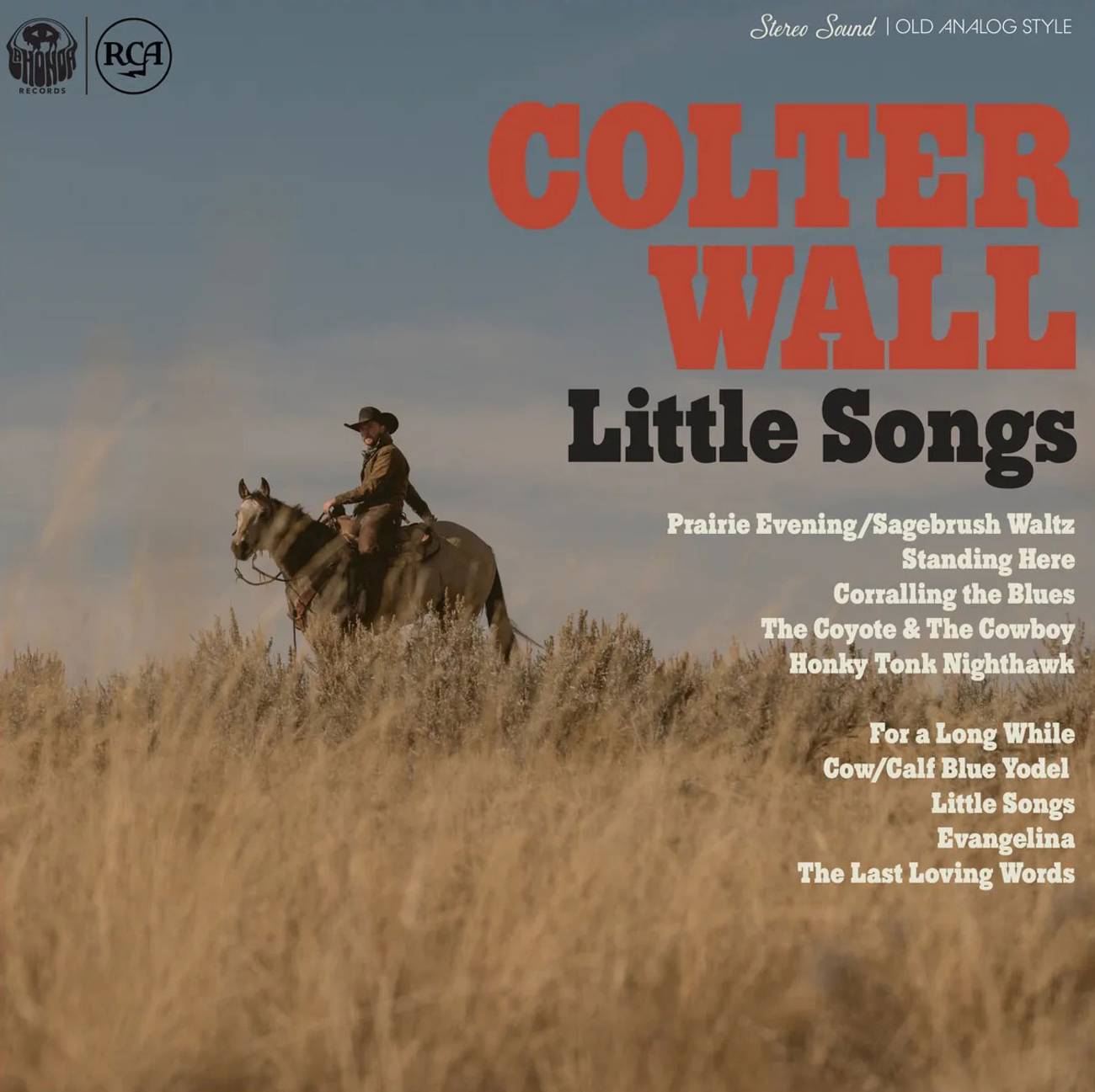Canadian Cowboy
The former first son of Saskatchewan channels Johnny Cash




In 1994, when Johnny Cash was preparing to release what would be the beginning of the final leg of his career, American Recordings, he was nervous. The previous decade had been a rough one for Cash: He had been dropped by his label for poor sales, struggled with addiction, and more or less resigned himself to playing the old folks circuit in Branson, Missouri.
As detailed in Robert Hilburn’s Johnny Cash: The Life, neither Johnny nor June Cash had the first idea of what to make of Rick Rubin, the heavy metal and rap producer who looked like a washed-up hippie. The two had bonded, but Cash was deeply unsure of the sonic leap toward minimalism. Playing a concert for a few friends, Marty Stuart offered Cash the advice he needed: “I think it resets country music’s clock … takes it back to a new beginning, setting it up for the twenty-first century.”
A year after American Recordings was released, Colter Wall was born. And if Cash set up country music for the current century, Wall is delivering on that promise. Like American Recordings, Wall’s new album, Little Songs, has a simple title. The album cover is simple, too, with Wall sitting on a horse amid the Plains. And the songs really are little: There are 10 of them, adding up to a couple minutes over half an hour, with only one over four minutes. What you see is what you get. And like Johnny Cash, the first you notice about Colter Wall is his voice.
It’s deep and weathered, sounding much older than his 28 years. On the album’s title track, Wall sings of men and women on “them high and lonesome Plains.” They’ve lost loved ones, they might be losing their sanity. “You got to fill the big empty / with little songs,” Wall advises, sounding like someone who knows.
Wall is an unlikely successor to Cash, in part because he’s Canadian. He’s from Saskatachwan, the Great Plains of the North. Unlike Cash, he didn’t come from poverty—his father is Brad Wall, former premier of the province, who recently made headlines when it was discovered that he’d coordinated with Canada’s Freedom Convoy. When Colter sings of a woman fighting a losing battle to “drought and her own mind,” it’s hard to not think of collapse hitting rural eras as hard as it hits cities.
But Little Songs is not a political album. The opening track, “Prairie Evening/Sagebrush Waltz” recalls Wall on a lovely June night sucking down the last of his courage and asking a beautiful girl to dance until there’s sage on the soles of their shoes. Wall shoots for timeless in his songs, with nary a mention of a phone or anything modern. But there’s also no mention of anything old, except Merle Haggard, who is timeless. The scene is painted so sparsely that it could take place any time from 1968 to the present.
A few themes emerge on Little Songs, well-trodden territory for country fans: staying away from the music industry, ignoring what’s hip and trendy, booze. The joy of Little Songs is not the exploration of the unknown, but walking down well-trodden paths with an astonishing voice. The best-written song on the album might be “The Coyote & The Cowboy,” where Wall tips his hat toward the animal, which he brands a “survivor.”
“Reckon he’s got to be,” Wall sings, noting the animal’s survival from the frozen Plains all the way down to the warm waters of Malibu. He’s contrasted with another survivor, the cowboy, who’s “a conundrum, a contradiction in this age. The cowboy straddles the poverty line and spends his money on a whiskey bottle. Meanwhile, the coyote gets its kicks by howling at the moon for free. “So who is a dumber son of a bitch,” Wall asks, “the little coyotе or me?”
He never answers the question, there’s no need. Wall’s songs speak for themselves, simple and clear. His voice is startling in its depth, and his preference for a lack of pretense gives his songs a weight. It’s unlikely he’ll ever top the charts, but that’s just fine by him. And as long as he keeps making albums, it’s fine by me, too.
David Meir Grossman is a writer living in Brooklyn. His Twitter feed is @davidgross_man.